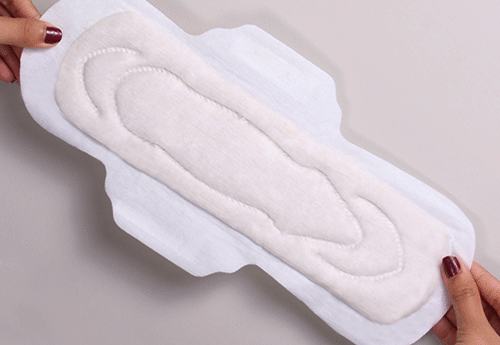Menstrual health is a human rights issue, not just a health one, yet millions of women lack access to sanitary products and adequate facilities, the United Nations Population Fund has said.
Girl Up Namibia, a movement that aims to advance girls’ skills, rights and opportunities to be leaders, is running an awareness campaign to increase the availability of such products to those who need them, after finding that poor menstrual health hygiene undercuts the fundamental rights of women and girls during menstruation, worsening social and economic inequalities. The initiative in Namibia began in 2022 and has since become a staple annual event, with output rising steadily each year.
The campaign’s purpose is to celebrate World Menstrual Hygiene Day on 28 May. It is part of a programme that is running under the theme ‘Declaration of War Against Period Poverty’.
To achieve this, Girl Up Namibia requires substantial contributions and sponsorships from corporations and individuals.
“We call upon the Namibian nation to step in and be part of this life-changing initiative,” said Dinelago Hertha Asino, the junior president of Girl Up Namibia.
She said donations may be monetary or in the form of products, such as pads and other sanitary products. Asino added: “Even a small contribution can make a significant impact. We would want to encourage and remind life skills teachers from all over the country to not neglect menstrual education but to stimulate its growth in our nation. Collectively, we can create an impact.”
She told Vital Signs the campaign relies solely on donations, volunteer contributions and sponsorships as its main source of funding and right now, their biggest partner is Charlene Benjamin of the Blush Foundation, who sponsors 60% of the campaign in various forms.
She said this year, they aim to raise 1 000 menstrual products, which would ultimately impact 500 girls across Namibia. In contrast, the previous year saw only about 300 girls benefiting.
“The campaign has driven a positive change in reducing period poverty, with approximately 700 menstrual products donated over the past two years. With this momentum, we are poised for even greater success,” highlighted Asino.
Tax exemption
Last year, Namibia, Mexico and Britain were among the countries that passed laws to abolish the “tampon tax”, which refers to consumption levies such as value-added tax (VAT) on items such as sanitary pads, tampons, panty liners and menstrual cups.
Namibia’s finance minister Iipumbu Shiimi in 2021 announced the country would remove the 15% tax on menstrual products in the 2022/2023 financial year. However, in January last year, the same minister said tampons are not exempt from sales tax because they are considered luxury items. Thus, the VAT has been removed only from menstrual pads and maternity pads designed for use in pre-and post-birth bleeding.
Communication associate at Girl Up Namibia Aishe-lee Ashipala said the exemption would support women’s health and dignity, reinforcing their right to manage menstruation safely and hygienically.
She added that this will also diminish economic barriers, making sanitary pads more affordable for many girls and women.
“In 2022, some disadvantaged girls in rural areas were forced to use cow dung for sanitary use due to the inflation that hit feminine hygiene products.
This just goes to prove how critical the situation on the ground is, and this is not just a Namibian issue, but an African issue. Hence why we have been collaborating with our sister countries like Girl Up Zimbabwe and Girl Up South Africa to tackle this problem.”



